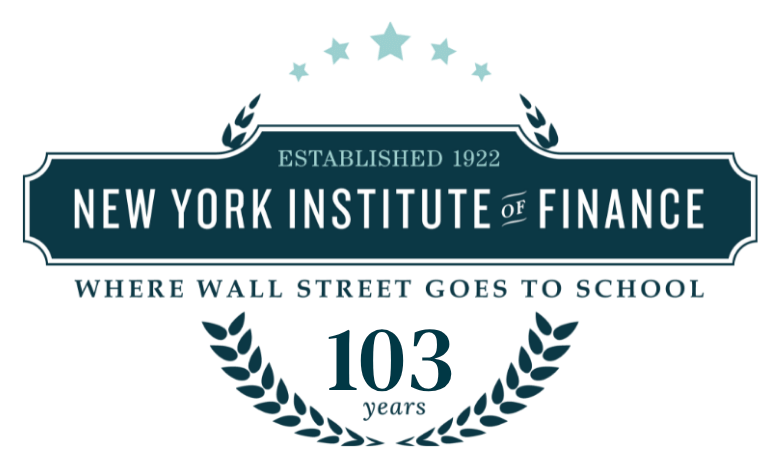ECB to press ahead with ABS-buying programme
By Stefan Wagstyl in Berlin. This article originally appeared on the Financial Times website, FT.com on September 14th, 2014
The European Central Bank yesterday pledged to press ahead with plans to revive the stagnant eurozone economy by buying asset-backed securities (ABS), despite growing doubts from Germany and France.
In a report, disclosed by Bloomberg News agency on Tuesday, the French and German governments rejected calls coming from the ECB to provide public guarantees to the riskier portions of ABS.
ABS, which were widely blamed for sparking a global financial crisis in 2008, package up loan revenues from assets such as mortgages or credit cards for sale to fixed income investors. Mario Draghi, ECB president, announced last week that the ECB intends to buy as yet unspecified amounts of these securities from banks, in order to free up balance sheets and boost lending to eurozone’s businesses.
An ECB spokesperson on Wednesday told the FT that the bank’s “decision to purchase a broad portfolio of simple and transparent ABS is independent from any governmental decision”, even though “government guarantees would play a useful role in enhancing the securitisation market in Europe and its role in funding the economic recovery”.
The central bank was responding to a report on securitisation prepared by Paris and Berlin that will be presented later this week to EU finance ministers meeting in Milan.
In the document, drafted before Mr Draghi’s policy announcement, the French and German finance ministries call for measures to encourage “high-quality securitisation” to help create sustainable economic growth.
However, they also reject calls for government to relieve the central bank from some of the credit risk involved in these purchases, arguing that “an intervention in the form of a public guarantee scheme would be problematic”.
The report argues that “investors could be tempted to rely on the guarantee rather than to conduct their due diligence by examining the transaction and underlying assets, and it would be very difficult for the public sector to disengage without undermining the market.”
The growing tensions between the central bank and the eurozone’s two largest economies highlight the difficulties the central bank faces in launching the controversial scheme. The ECB’s board was split over the plan, with a majority backing Mr Draghi and a minority voting against, including Jens Weidmann, head of Germany’s Bundesbank.
It is understood that Bundesbank officials do not think the ABS plan is necessary. They point out that there is already investor demand for the high-quality portion of the ABS market, while the ECB should not buy the riskier end – the so-called “mezzanine” level.
More broadly, Berlin argues that easier monetary policy – including asset-purchase schemes – relaxes the pressure on governments, including France and Italy, to pursue structural reforms. Wolfgang Schäuble, finance minister, told the lower house of parliament on Tuesday that calls “for the use of more and more public money and the acceptance of higher deficits and debts is leading us astray”.
An Italian finance ministry official said Italy was “ready to consider” offering a guarantee for the ABS debt but was “not there yet”. The Italian official said each country “should be able and should be left to take its own stance” on the matter and ultimately, the ECB was “in the best position” to judge how critical government guarantees were to the ABS bond buying programme. French and German officials declined to comment on the findings of the report.
Additional reporting from James Politi in Rome, Hugh Carnegy in Paris and Christopher Thompson in London.
About New York Institute of Finance
With a history dating back more than 90 years, the New York Institute of Finance is a global leader in training for the financial services and related industries with course topics covering investment banking, securities, retirement income planning, insurance, mutual funds, financial planning, finance and accounting, and lending. The New York Institute of Finance has a faculty of industry leaders and offers a range of program delivery options including self-study, online and in classroom.
For more information on the New York Institute of Finance, visit the homepage or view in-person and online finance courses below:
